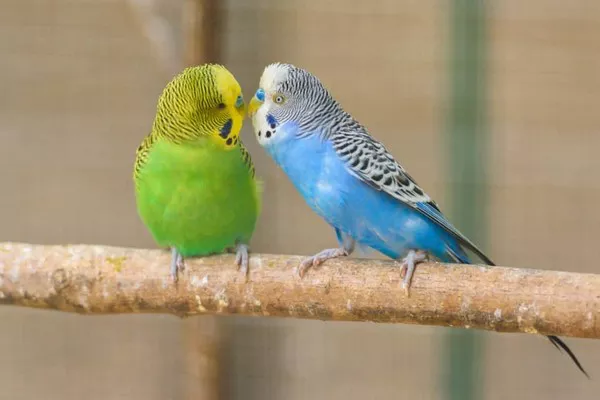African Grey Parrots are renowned for their remarkable intelligence, stunning plumage, and engaging personalities. However, to maintain their overall health and well-being, a crucial aspect is their diet.
Knowing how to feed African Grey Parrots properly is vital to ensure they receive the necessary nutrients for a long and healthy life. Let’s delve into a comprehensive guide on the best feeding practices for these magnificent birds.
Understanding How to Feed African Grey Parrots
1. How Do You Feed African Greys?
Feeding an African Grey Parrot requires a balanced and varied diet to meet their nutritional needs. A staple diet for these birds often includes high-quality pellets that are formulated to provide essential vitamins and minerals. Complement these pellets with fresh fruits, vegetables, and occasional nuts or seeds to offer a diverse array of nutrients.
2. What is the Best Way to Feed a Parrot?
Offering a variety of food is key. Providing fresh, clean water daily is essential, alongside a balanced diet. Monitoring your parrot‘s eating habits is crucial; ensure they eat an adequate amount and discard any uneaten, perishable food within a few hours to maintain hygiene.
Portion Control: How Much Do You Feed an African Grey Parrot?
Determining the appropriate amount of food for your African Grey depends on various factors, including age, size, and activity level. A general rule of thumb is to feed about 1.5 to 3% of the bird’s body weight daily. However, this can vary based on individual metabolism and should be adjusted accordingly.
Feeding Frequency: How Often Should You Feed an African Grey Parrot?
A consistent feeding schedule is essential. Offer food at least twice a day, ensuring fresh servings each time. Most African Greys do well with breakfast and dinner. Adjust the feeding frequency based on your bird’s preferences and needs, while ensuring they have access to food throughout the day.
Understanding an African Grey’s Nutritional Requirements
African Grey Parrots require a mix of nutrients to maintain their health. They need a diet rich in vitamins, particularly A, D, and E, along with calcium. Incorporating a variety of foods is crucial to fulfill these dietary needs. Fresh fruits such as apples, bananas, and berries provide vitamins, while leafy greens and vegetables like broccoli, carrots, and bell peppers offer essential minerals.
The Role of Pellets in an African Grey’s Diet
High-quality pellets specifically designed for African Grey Parrots are an excellent foundation for their diet. These pellets are nutritionally balanced and ensure that your bird receives essential vitamins, minerals, and amino acids. However, pellets should not be the sole source of nutrition; it’s important to incorporate fresh foods for a well-rounded diet.
Supplementing with Fruits, Vegetables, and Nuts
In addition to pellets, fresh fruits like papaya, mango, and oranges can be an excellent source of vitamins. Vegetables such as spinach, kale, and sweet potatoes offer essential minerals and antioxidants.
Occasional nuts or seeds can serve as treats, providing healthy fats and proteins but should be given in moderation due to their high-fat content.
Maintaining Variety for Mental Stimulation and Health
Offering a diverse range of foods not only fulfills nutritional requirements but also provides mental stimulation for your African Grey. Introducing new foods regularly encourages foraging behavior, preventing boredom and promoting a healthy mental state.
Monitoring and Adapting to Dietary Changes
Observing your African Grey’s dietary habits is crucial. Any changes in appetite, weight, or droppings may indicate an underlying health issue.
Regularly consulting with an avian veterinarian can ensure that your bird’s diet is meeting its nutritional needs.
Conclusion
Understanding how to feed African Grey Parrots is fundamental to their overall health and well-being. A balanced diet, proper portion control, feeding frequency, and a diverse array of nutritious foods are essential for these intelligent and charismatic birds.
By adhering to these guidelines and being attentive to your parrot’s dietary needs, you can contribute significantly to their longevity and vitality. Remember, a well-fed African Grey is a healthy and happy companion.
Related Topics:
How big of a cage do african greys need?
Reveal! How Do African Greys Talk
African Greys as Pets: A Comprehensive Guide for Beginners

























